Sober Living at Resolutions Las Vegas
What happens after rehab? Rehab is an essential step in recovery, but walking out the door doesn’t signal the end of your journey. Many people will transition to a sober living residence, where they can live on their own but with some added support and structure.
Our Las Vegas sober living facility is the perfect place for individuals who are ready to live independently but still want to be surrounded by a sober community in a drug- and alcohol-free environment.
Our Stats
Learn MoreOur Sober Living Resolutions Las Vegas Program
At Desert Hope Resolutions, our guests are able to work, get support during recovery, and join a community with other people in similar phases of their lives. When you come to Resolutions Las Vegas, you can expect the best. You’ll have access to:
- Daily transportation to and from treatment and meetings.
- House managers on staff.
- Chef-cooked meals.
- Daily gym access and exercise & lifestyle classes.
- Weekly yoga classes.
- Free laundry facilities.
- Cable TV in each room and free WiFi.
- Housekeeping services.
- And more.
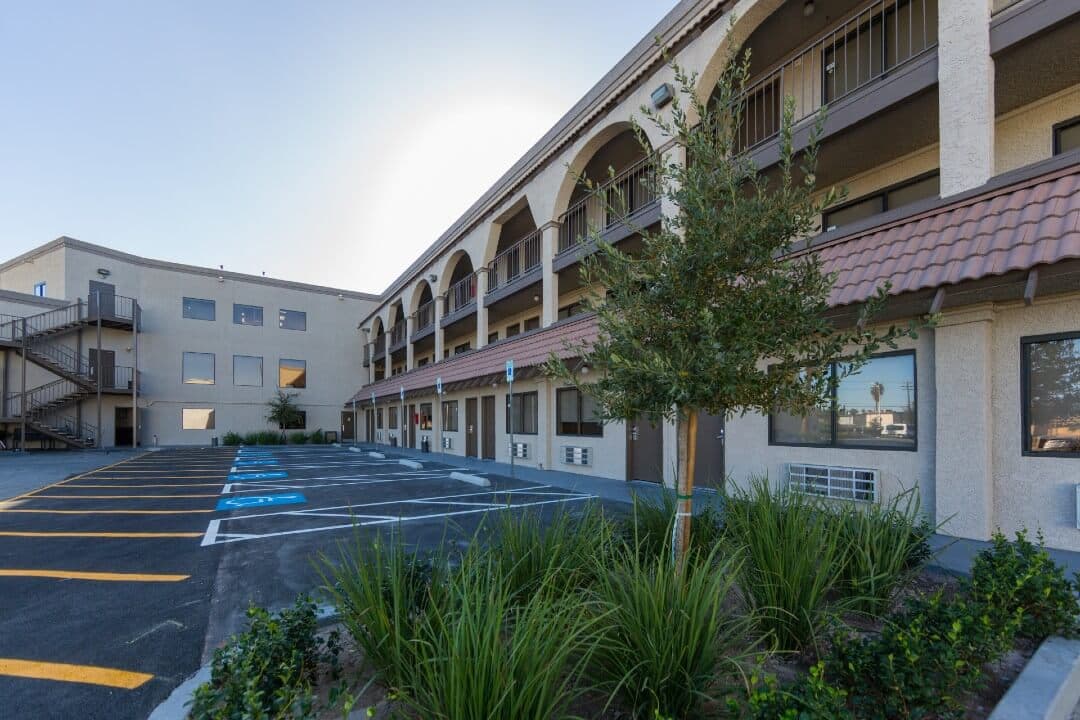


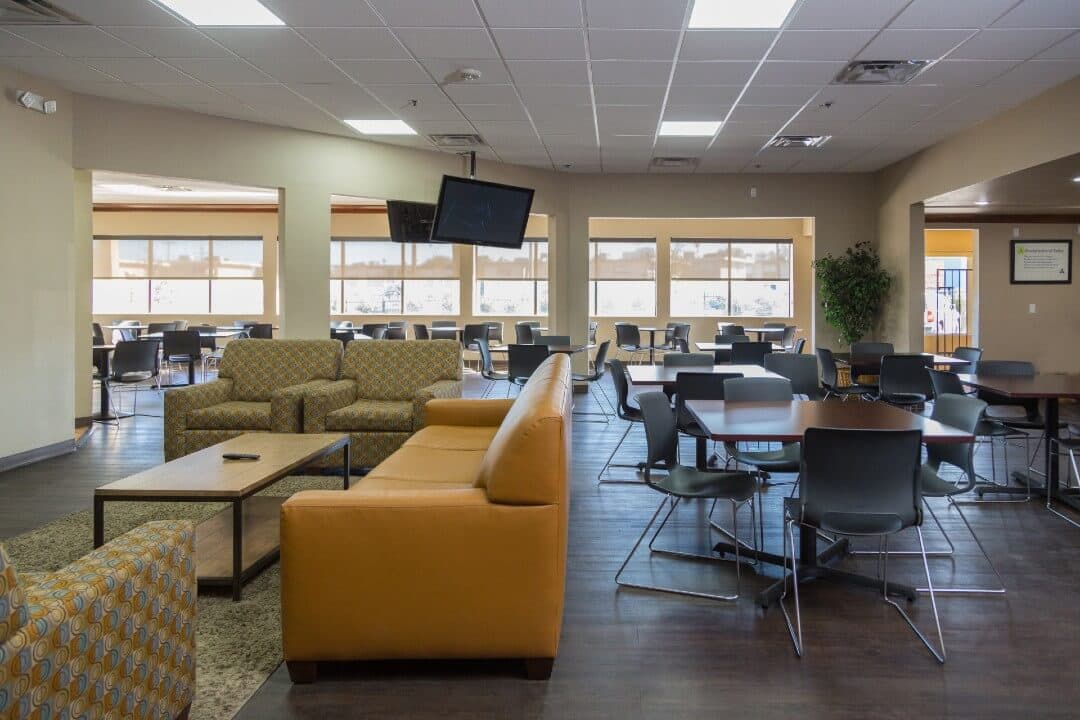
Sober Support & Treatment Programs
People typically transition to sober living facilities after stepping down from more intensive levels of care, such as inpatient or residential treatment. Resolutions Las Vegas is currently open to participants enrolled in our outpatient services, including Desert Hope’s partial hospitalization (PHP), intensive outpatient (IOP), and standard outpatient programs.
Staying in treatment for an adequate amount of time is essential to your recovery. The National Institute on Drug Abuse finds that longer treatment durations are associated with better outcomes. They also find that staying in recovery requires a strong support network. At Resolutions Las Vegas, you’ll get the benefit of both: an extended stay in treatment and a community of people committed to their own recovery and rooting for yours.

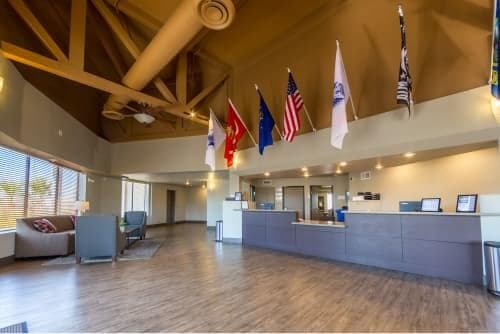
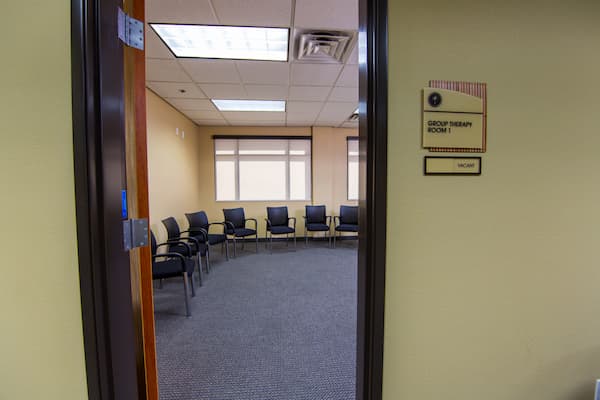
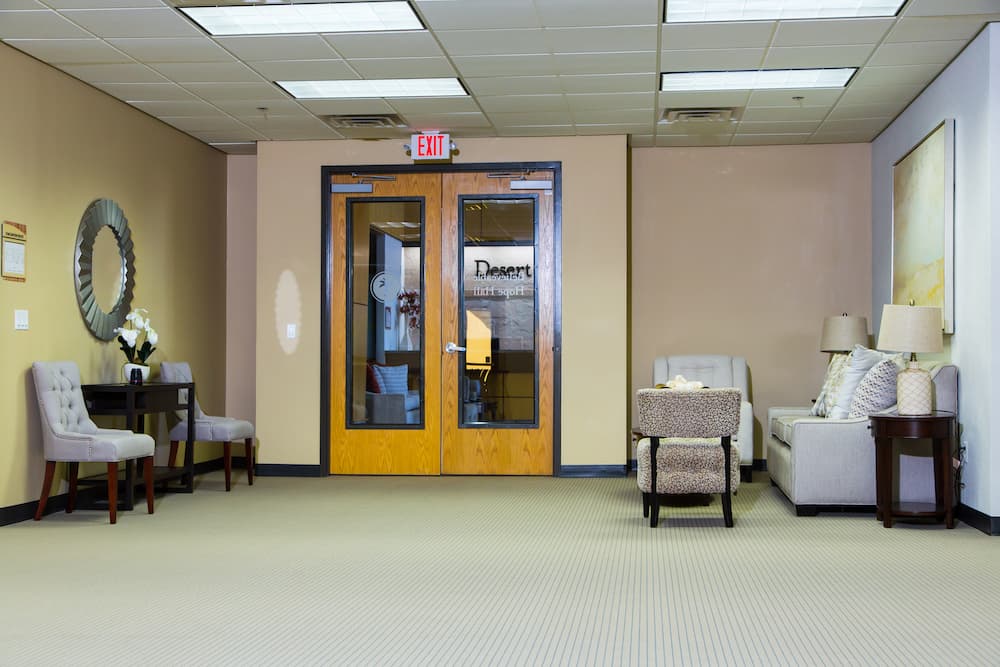
How to Pay for Sober Living in Las Vegas
Frequently Asked Questions
Sober living is a type of transitional housing outside of a rehab facility, where all the residents are in recovery and often still in some kind of outpatient addiction treatment. Drugs and alcohol are prohibited on the premises, and residents are required to remain sober in order to stay there.
Sober living homes provide an ideal balance of structure and independence.
While staying at Resolutions Las Vegas, residents follow a set schedule, participate in house activities, and regularly attend treatment and meetings. House managers help keep everyone accountable and on a positive trajectory in the early days of recovery when people are particularly vulnerable to relapse.
Sober living is an investment in your future. Research shows that individuals who live in sober homes have higher rates of abstinence, fewer legal problems, improved mental health symptoms, and are more likely to maintain successful employment.
We believe anyone in recovery can benefit from sober living, but it may be especially important if you:
- Have experienced a relapse after leaving treatment in the past.
- Need a safe, sober place to live as you attend outpatient treatment.
- Have family and friends at home who are still using drugs or alcohol.
- Don’t have a great deal of support at home.
- Have a co-occurring mental health disorder.
When you’re nearing the end of rehab, the prospect of returning home can be a scary one. Maybe returning home means returning to the same triggers and temptations you faced prior to entering treatment. Or you may be concerned about your ability to stay sober among friends and family who have not given up drug or alcohol use.
At Resolutions Las Vegas, we can provide a safe place for you to make the transition between structured addiction treatment and “normal” life. Drugs and alcohol are not allowed in any amount, so you won’t have to worry about encountering substances when you’re attempting to build on the progress you made in treatment.
No, sober living is typically not covered by insurance. However, insurance usually does cover outpatient services for drug and alcohol addiction.
Every insurance plan is different and coverage varies from policy to policy. The best way to find out what your specific benefits entail is to call the number on the back of your insurance card and speak to an advisor.
At Desert Hope, we will work with you to make sure you get the support you need and offer different ways to pay for sober living, including weekly payment plans. Call us at to learn more.
Connect With Us on Facebook
